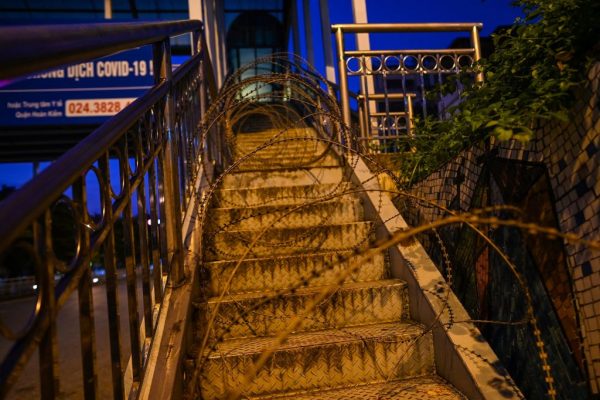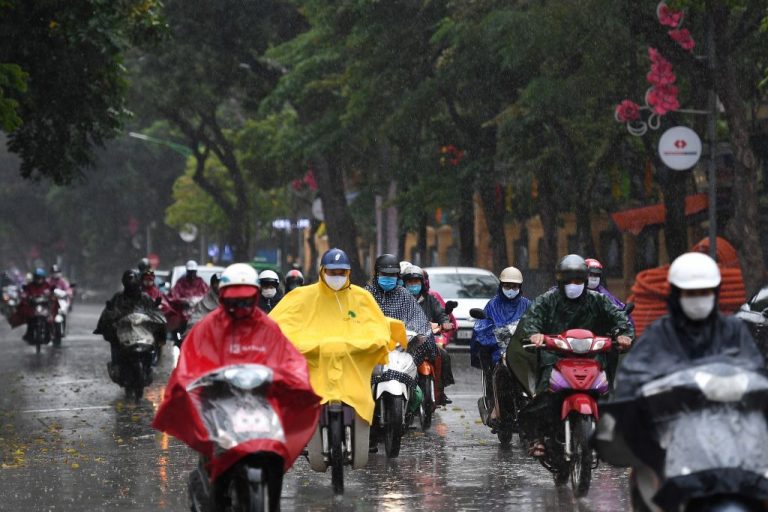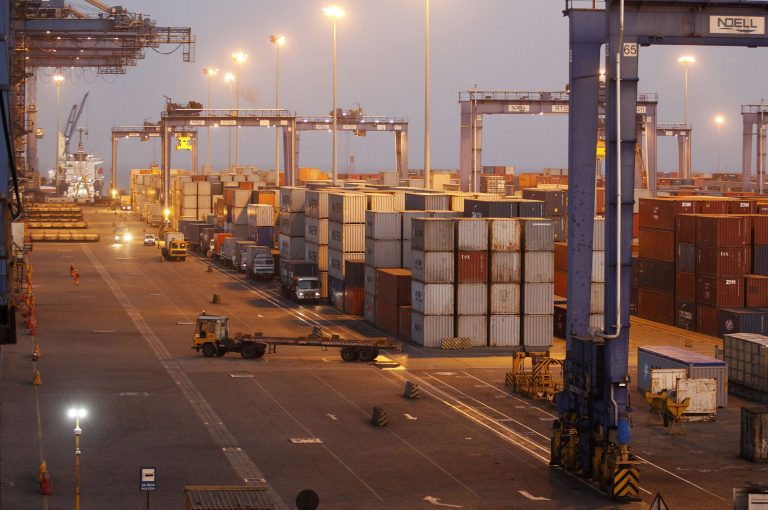The communist country of Vietnam has sentenced a 28-year-old man to five years in prison for breaking a state-sanctioned 21 day quarantine after the man registered a positive PCR test for SARS-CoV-2, the virus that causes Coronavirus Disease 2019 (COVID-19), and a person he came into contact with died with a cause associated to COVID-19.
According to a Google translation of a Sept. 6 article in Vietnamese language outlet Vietnam+, Le Van Tri worked with his brother-in-law in Ho Chi Minh for an ice vendor at a wholesale market in March. On July 2, after the ice vendor shut down operations due to the government’s pandemic measures, the duo travelled 350 kilometers by motorcycle to the southern city of Ca Mau.
The article says the duo applied for government welfare benefits upon their arrival, but made “false declarations about the travel schedule.” On July 3, the Party Committee of Cau Mau subjected Tri to 21 days in self quarantine. The article says Tri “did not comply with the regulations as committed,” but did not elaborate on the details.
Four days later on July 7, Tri registered a positive PCR test for SARS-CoV-2. A person who was connected to Tri via contact tracing later died from a COVID-19 associated cause, resulting in criminal charges of “spreading dangerous infectious diseases to people” being laid.
The article says Tri admitted guilt in the crime during his trial, which lasted a single day.
Success
You are now signed up for our newsletter
Success
Check your email to complete sign up
In March, Reuters reported Vietnam applied the same charges to a 29-year-old flight attendant who was alleged to have made contact with 46 people after breaching a 14-day quarantine order when returning from Japan in November of 2020.
The attendant “had mingled with other people during a stint in state quarantine and according to the indictment visited cafes, restaurants and attended English classes while he was supposed to be self-isolating,” said Reuters, who noted Vietnamese state media claimed he infected three other people.
The trial also lasted for a single day and resulted in a 2.5 year suspended sentence.
Inglorious
Communist Vietnam has been repeatedly glorified by big media and even mainstream COVID data aggregators as being a model for dealing with the pandemic.
A March article by Our World in Data, one of the largest data hubs for COVID-19 stats, titled Emerging COVID-19 Success Story: Vietnam’s Commitment to Containment claimed the country’s success was based on “a well-developed public health system, a decisive central government, and a proactive containment strategy based on comprehensive testing, tracing, and quarantining.”
The article then quietly noted, however, that whatever success the regime had made in controlling the virus came at the cost of a significant intrusion into citizens’ liberties and human rights, “Hundreds of thousands of people, including international travelers and those who had close contact with people who tested positive, were placed in quarantine centers run by the government.”

The article is part of a series dubbed Exemplars in Global Healths, described as “a coalition of experts, funders, and collaborators around the globe, supported by Gates Ventures and the Bill & Melinda Gates Foundation.”
In 2020, Vietnam was repeatedly lauded by English language media for a low reported case count and death rate. One example is found in a May of 2020 article by The Asia Foundation that repeated official Communist Party statistics claiming the country had only endured 300 positive PCR tests out of 96 million citizens since the pandemic had begun.
The article explains in the same grim manner how the Communist Party’s alleged successes were underpinned by the centralized command and control of citizens, “In late January, after the first domestic transmission in Vietnam, the government began providing quarantine facilities for all those suffering from or suspected of having been directly exposed to Covid-19. At their recent peak, quarantine facilities held 67,000 people. They are staffed by a combination of government employees and volunteers, often university students, and by most accounts are basic but clean.”
An April of 2020 article by The Diplomat titled The Secret to Vietnam’s COVID-19 Response Success promoted a scheme of total lockdown and contact tracing in response to small numbers of positive PCR tests, similar to what has been seen in the heavy-handed Australian regimes, while making the claim that Communist Party dogma had the citizens in an all-too-agreeable mood to surrender their liberties for the sake of rhetorical “stability.”
“Despite the aggressive nature of these responses, the underlying factor that enables the Vietnamese government’s success is the mobilization of nationalism,” reads the article. “The government has framed the virus as a common foreign enemy and called on the unity of the population to defeat it, echoing the enduring history of a nation always threatened by foreign invaders. Since ‘day one,’ the Communist Party of Vietnam (CPV) and the state have led the fight with the motto ‘fighting the epidemic is like fighting against the enemy’.”
In another example, a May of 2020 article by the BBC titled Coronavirus: How ‘Overreaction’ Made Vietnam a Virus Success, the story is underpinned by the same thread, “By mid-March, Vietnam was sending everyone who entered the country – and anyone within the country who’d had contact with a confirmed case – to quarantine centres for 14 days.”
The article paraphrased a woman who returned to Vietnam from Australia because she “consider[ed] Vietnam a safer place to be,” as complaining about the living conditions in the central quarantine facilities, “On their first night they had ‘only one mat, no pillows, no blankets’ and one fan for the hot room.”
A photo in the article that resembled a public toilet in an inner city park, complete with a clogged sink filled with dirty water, was framed by the BBC as a positive with the caption “Facilities were not always luxurious but kept potentially infected people away from the general public.”







